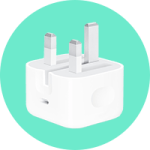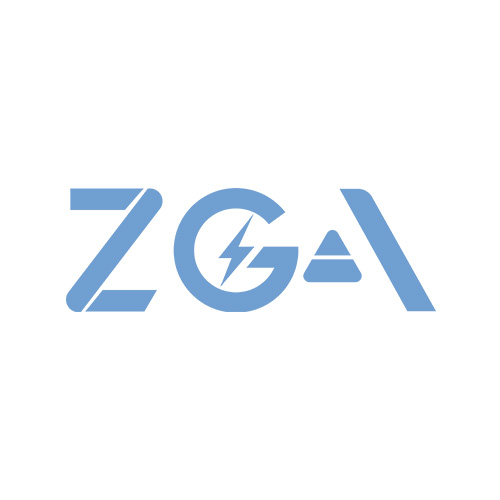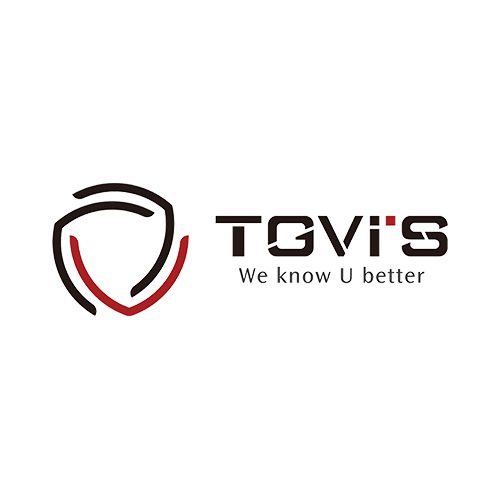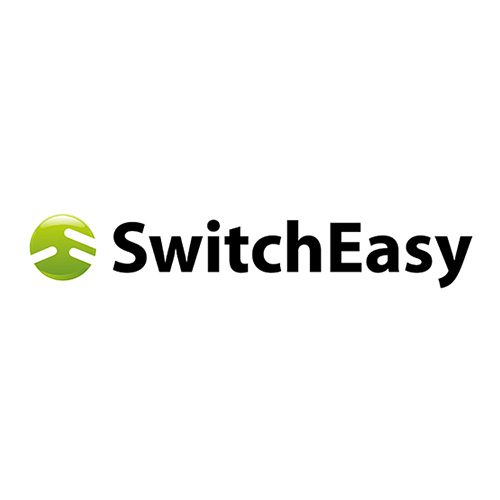Many College Students Utilize Contraception Inconsistently â And Do Not Think They Are Vulnerable To Unplanned Pregnancy
Another time we ever endured intercourse, the condom out of cash. I was 16, turning 17 a day later, and that I was not throughout the Pill. I began panicking. While my personal senior school boyfriend’s (cool) parents tried to calm you down and comfort united states, we knew I’d to accomplish one thing to be sure I found myselfn’t pregnant ASAP. I had friends who was simply in comparable situations and merely crossed their own fingers until their particular subsequent duration, wanting they wouldn’t become pregnant. But i really couldn’t just take that chance. I nevertheless had my personal bottom braces in, I imagined, exactly how can I possibly have a kid nowadays? 24 hours later, we decided to go to organized Parenthood during the lunch break and I also took
disaster contraception Plan B
on my seventeenth birthday celebration during study hall.
Back 2004, Arrange B wasn’t offered over the counter so there was a get older limitation. Had I unknown about my solutions (or had use of a Planned Parenthood), I’m not sure what can’ve taken place, but i am thus thankful used to do. But as a unique review found, a lot of people nonetheless you should not. The review of 3,600 female and male undergraduate and grad college students in the us, many years 18-25, from Teva ladies’ wellness, the producers of
Arrange B One-Step
, and
The Kinsey Institute at Indiana University
, learned that 62 percent of sexually active students aren’t utilizing contraception constantly, and just 15 per cent of pupils felt like they were at a high risk of {an an|an onan unexpected maternity.
But a not-so-fun fact: inside the U.S, 45 percent of most pregnancies when you look at the U.S. are unintended â and out of all the unintended pregnancies inside U.S., 41 percent are caused by inconsistent utilization of contraception. What exactly’s upwards â exactly why aren’t we using
effective birth prevention possibilities
? Is is actually inactivity? Inaccessibility? Decreased
detailed intercourse ed
?
62% of students surveyed wrongly believed they must be at the very least 18 yrs old or older buying OTC EC.
“I was surprised observe nearly three-out of five intimately active college students in study reported making use of contraception inconsistently,”
Justin Garcia, PhD,
Connect Director for Research and Education aided by the Kinsey Institute. “it’s difficult to express exactly why precisely, once we don’t particularly ask members in today’s learn about their reasons behind birth control utilize and non-use. But our very own learn did discover university students surveyed used a lot of misinformation about contraceptive-related problems, therefore it is possible that understanding gaps linked to intimate and reproductive health contribute to these fairly high rates of contradictory utilize. Different studies have additionally directed to a number of facets, including socio-demographics, connection aspects, arousal, alcoholic drinks and other drug use, so those are all facets that we will have to more study in the future analysis specifically on university students’ understanding, perceptions, and procedures with contraception, such as EC.”
So just why achieve this couple of pupils think they are in danger of maternity? Would it be misinformation? The â entirely incorrect â “it are unable to occur to me personally” attitude that people also provide over contracting STIs? “in line with the health-related literary works discover most likely several reasons about individual information about intimate and reproductive wellness, attitudes, and experiences,” Dr. Garcia states. “The data from recent survey neglects to tease that away, but it’s one from the main concerns that would be dealt with in the future analysis.”
Just How Much University Students Really Know About Disaster Contraception
The study also looked at pupils’ emergency contraceptive understanding aka “EC IQs” to find out if way of life facets, like political party affiliation and dating app application, were influencing whether or not they felt vulnerable to maternity or perhaps not. The review learned that college students with an increase of sexual associates in the last season had a lowered EC IQ than those with less sexual associates, even though 69 percent of college students felt an unintended pregnancy was extremely disruptive on their life, those who felt much more in danger have actually a lesser EC IQ compared to those exactly who believed much less in danger.
And women â especially bisexual females â had been the essential knowledgeable over EC. “the findings demonstrate that on average, women learn about EC than guys,” Dr. Garcia says. “the distinctions in information we found across intimate orientations, but ended up being very interesting. Although we might assume that directly ladies would know the many about EC, because their own behaviors can be almost certainly going to consist of heterosexual intercourse, the information declare that normally bisexual ladies learn more. There are a selection of possibilities for precisely why that may be the way it is. This study is a superb beginning given that it permits us to recognize a few of the major expertise spaces about OTC EC, but understand your bisexual ladies understand a lot of about OTC EC calls for a lot more study to appreciate elements framing differences in knowledge gaps between particular groups of males and females.”
Just how can we boost pupils’ information about contraception? It is all about communication. “I do believe it starts by improving the volume with which we discuss these subject areas with students, such as education around person sexuality and reproductive health, Garcia claims. “it could be possible for fables and misinformation to spread, and it’s really important we provide students the sources and informative possibilities they must acquire accurate information regarding contraception and unintended pregnancy.” And talking about misinformation and fables â why don’t we deal with those, because plainly, understanding is power.
The Most Significant Misconception About Crisis Contraception
Common misconceptions about EC could prevent people that want it from going to get it. “the things I found specially interesting from study results may be the false impression students have actually about the means to access OTC EC,” Dr. Garcia states. “into the as a whole test, one of the more commonly missed questions was if there clearly was an age constraint to acquire OTC EC: 62 per cent of college students surveyed wrongly believed they have to be at the least 18 years or more mature to purchase OTC EC. When in reality there’s no get older limitation, and both males and females may purchase it. The second mostly missed concern was if or not an ID is required to buy OTC EC: 53 % of players wrongly thought you’ll need an ID to acquire OTC EC, whenever in fact OTC EC has become available for purchase without an ID or age limitation since 2013.”
Another misconception we should instead end believing? “The study unveiled nearly one out of 10 students interviewed believe OTC EC could combat sexually carried problems or conditions (STIs/STDs), which it doesn’t perform,” Dr. Garcia states.
Is Actually Sex Ed Responsible?
Intimate stigma, be it over STIs, erectile dysfunction, and/or morning after tablet, is continually stopping us from becoming sexually healthier. Granted I was in senior school before EC had been readily available over-the-counter, but inside my personal progressive high-school’s gender ed courses, I really don’t previously bear in mind reading about this. And I can only just envision what is becoming mentioned (or
not
being talked about) in gender ed classes various other parts of the country.
“there’s however stigma associated with EC usage, that may affect some ideas as to what EC is actually, the way it works, and why it’s important.”
“in person, as a professor exactly who teaches about sex and sexuality, i believe there’s absolutely a requirement to get more training on these problems, including intimate and reproductive wellness,” Dr. Garcia states. “in terms of whether as well as how these problems are mentioned on college campuses through the entire U.S., it’s difficult to say once we lack specific census information on that. But conclusions from present survey perform reveal that having open and honest discussions about EC is very important. Discover nonetheless stigma involving EC usage, which could influence tactics as to what EC is, the way it works, and just why it’s important. We are in need of a lot more open talks about reproductive health insurance and EC, including educational products that debunk urban myths and myths.”
Your Skill
While you might not be able to control that which you happened to be taught at school and/or misinformation you heard from a friend of a buddy, you can easily dominate now. “i do believe it’s important for Millennial women to have fundamental details about EC in the case they usually have exposed sexual activity or experience a birth control breakdown,” Dr. Garcia says. “it is important that women tend to be well informed about their reproductive health and contraception solutions, especially if their birth-control strategy does not get as you expected. We encourage all females having open and honest discussions about EC through its health care suppliers.”
You may well be well past the occasions of shameful
intercourse ed courses
or getting your highschool sweetheart’s parents rush house as soon as your condom rests, but that does not mean you need to end discovering intercourse. Keep yourself informed, know what options are effectively for you, and do not end referring to sex.
Images: Ashley Batz for Bustle


























































































